Stop for a moment and listen. American freedom can be found in the sound of backyard birthday parties and the daily commute.
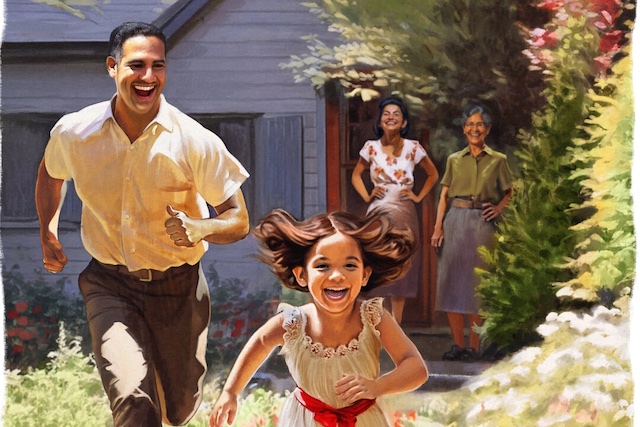
We enjoy the right to raise our children according to our own values. (Biba Kayewich)
As a child, my family would sometimes be out walking when suddenly Mom would say, “Stop! Close your eyes and then listen to see who can hear five separate sounds first.”
We would all pause, even holding our breath, straining to catch the faintest sounds of a bird, a car in the distance, or even an airplane far above in the sky. It was a fun activity, and it made us exercise one of our five senses that we weren’t relying on as much as we looked around. Continue reading



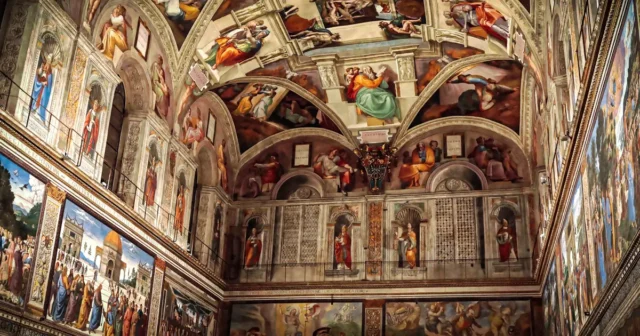

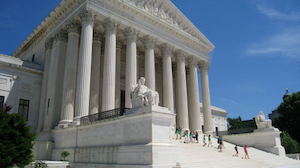 On May 29, 1935, in the midst of a Great Depression that would not end, the Supreme Court struck down a central piece of legislation of Franklin Delano Roosevelt’s New Deal, the National Industrial Recovery Act. In Schechter Poultry Corp. v. United States, the Court ruled that the entire scheme violated the U.S. Constitution.
On May 29, 1935, in the midst of a Great Depression that would not end, the Supreme Court struck down a central piece of legislation of Franklin Delano Roosevelt’s New Deal, the National Industrial Recovery Act. In Schechter Poultry Corp. v. United States, the Court ruled that the entire scheme violated the U.S. Constitution.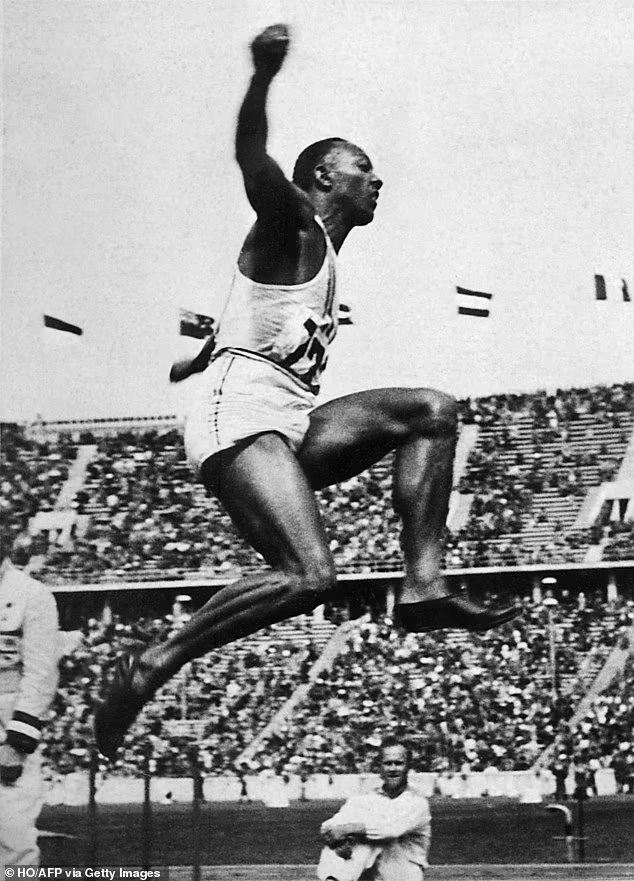
 Leadership is an invaluable skill that can profoundly influence a child’s future, shaping their success in school, career, and personal interactions. For parents, the early introduction and nurturing of leadership qualities such as resilience, empathy, and decisiveness are both a privilege and a responsibility. Here are practical strategies for embedding leadership lessons into everyday parenting, courtesy of
Leadership is an invaluable skill that can profoundly influence a child’s future, shaping their success in school, career, and personal interactions. For parents, the early introduction and nurturing of leadership qualities such as resilience, empathy, and decisiveness are both a privilege and a responsibility. Here are practical strategies for embedding leadership lessons into everyday parenting, courtesy of 
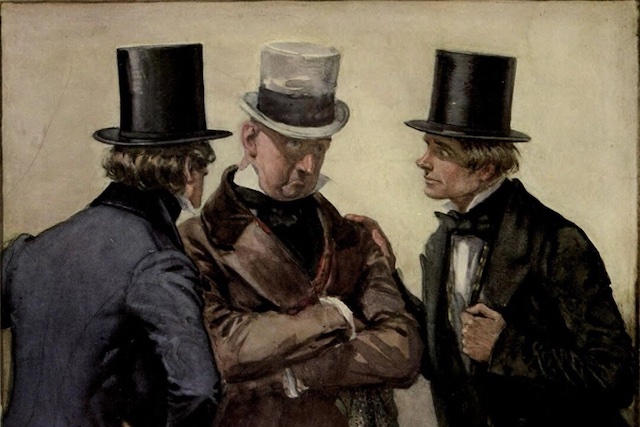

 Maintaining a leading edge in STEM (Science, Technology, Engineering, and Mathematics) disciplines is essential in the ever-evolving world of education. As you tackle the complexities of teaching these subjects, it’s crucial to continuously discover and adopt innovative strategies that engage and inspire your students. This
Maintaining a leading edge in STEM (Science, Technology, Engineering, and Mathematics) disciplines is essential in the ever-evolving world of education. As you tackle the complexities of teaching these subjects, it’s crucial to continuously discover and adopt innovative strategies that engage and inspire your students. This 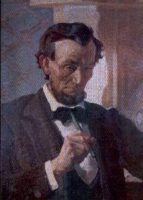 On Wednesday, May 18, 1864, President Abraham Lincoln issued an
On Wednesday, May 18, 1864, President Abraham Lincoln issued an  One of the few surviving Tuskegee Airmen – and one of the four original Top Guns – turned 100 on Independence Day surrounded by friends, family, and television cameras for the big event.
One of the few surviving Tuskegee Airmen – and one of the four original Top Guns – turned 100 on Independence Day surrounded by friends, family, and television cameras for the big event.
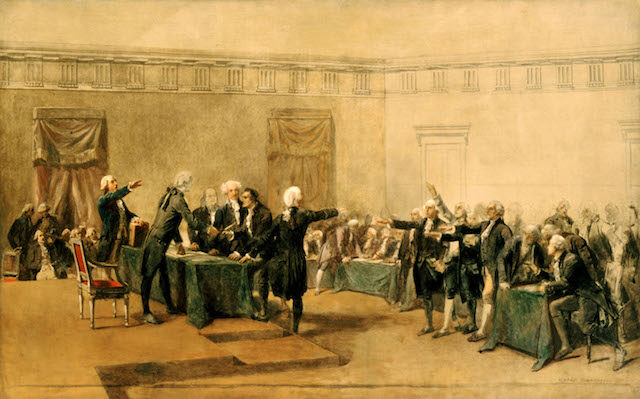 The
The  Eighty-two percent of teachers say that the general state of public K-12 education has gotten worse over the past five years. This is according to
Eighty-two percent of teachers say that the general state of public K-12 education has gotten worse over the past five years. This is according to 
 Some of us may remember the Helen Lovejoy character in The Simpsons, who would appear any time some catastrophe befell the town and plaintively
Some of us may remember the Helen Lovejoy character in The Simpsons, who would appear any time some catastrophe befell the town and plaintively